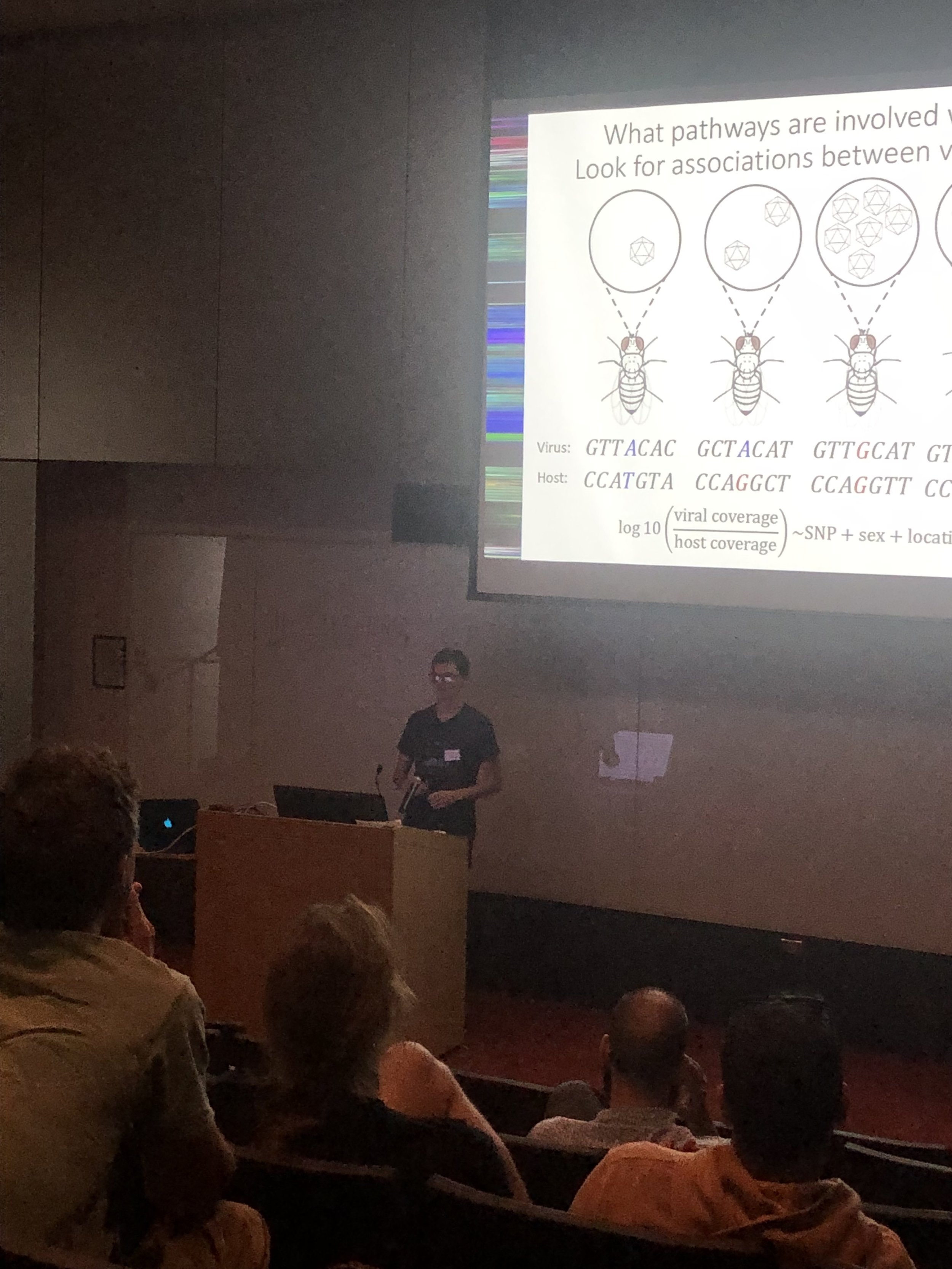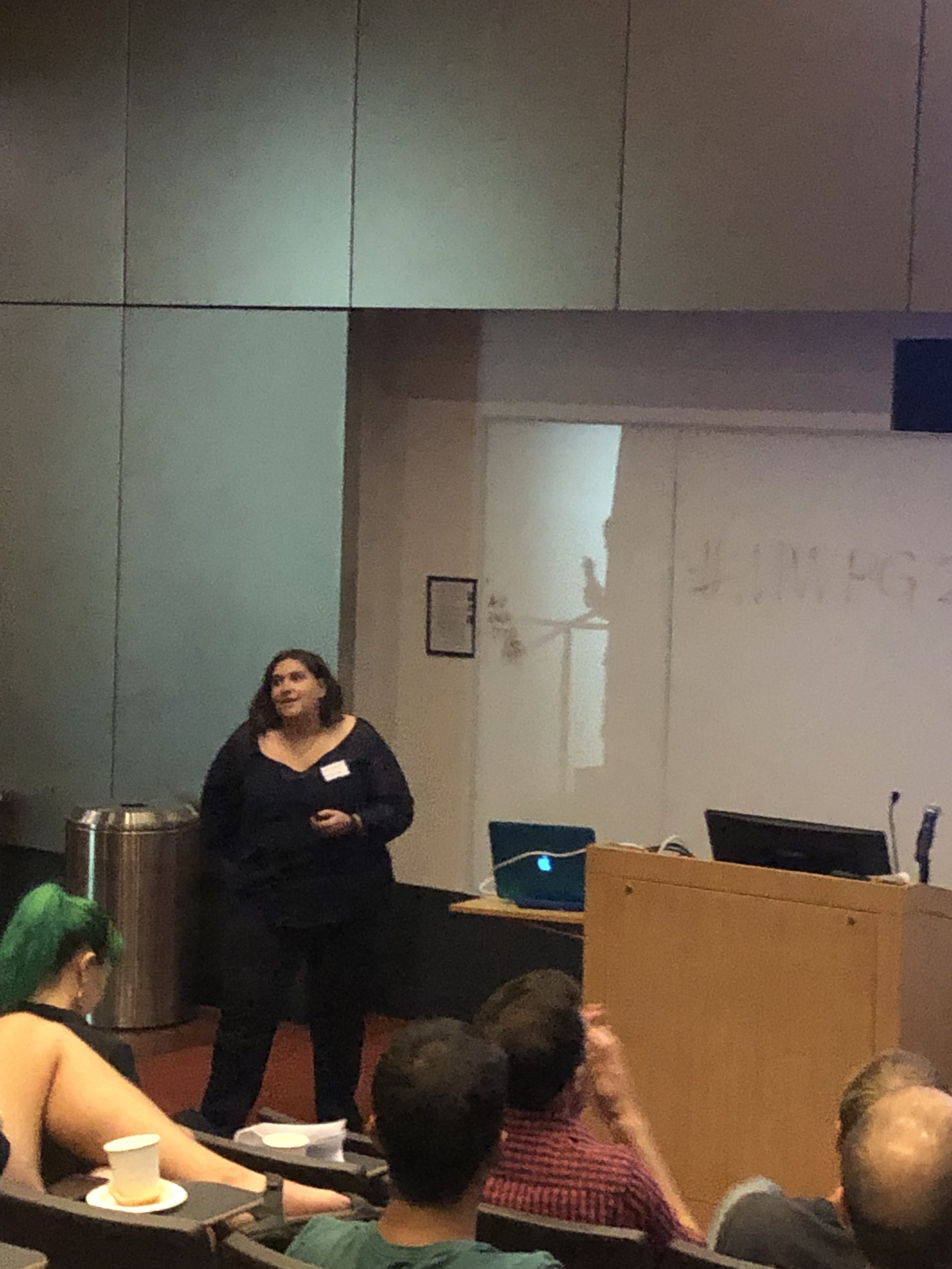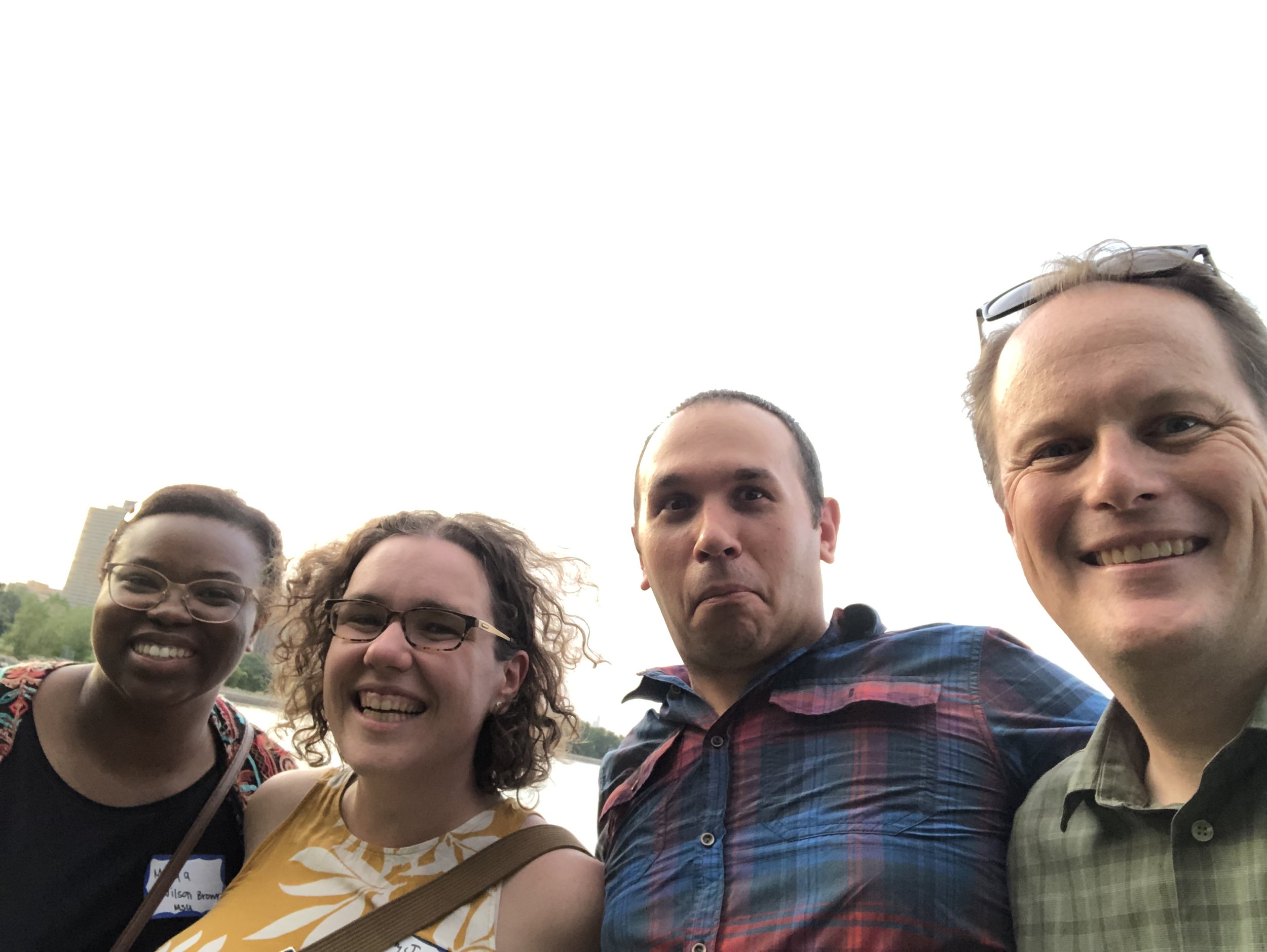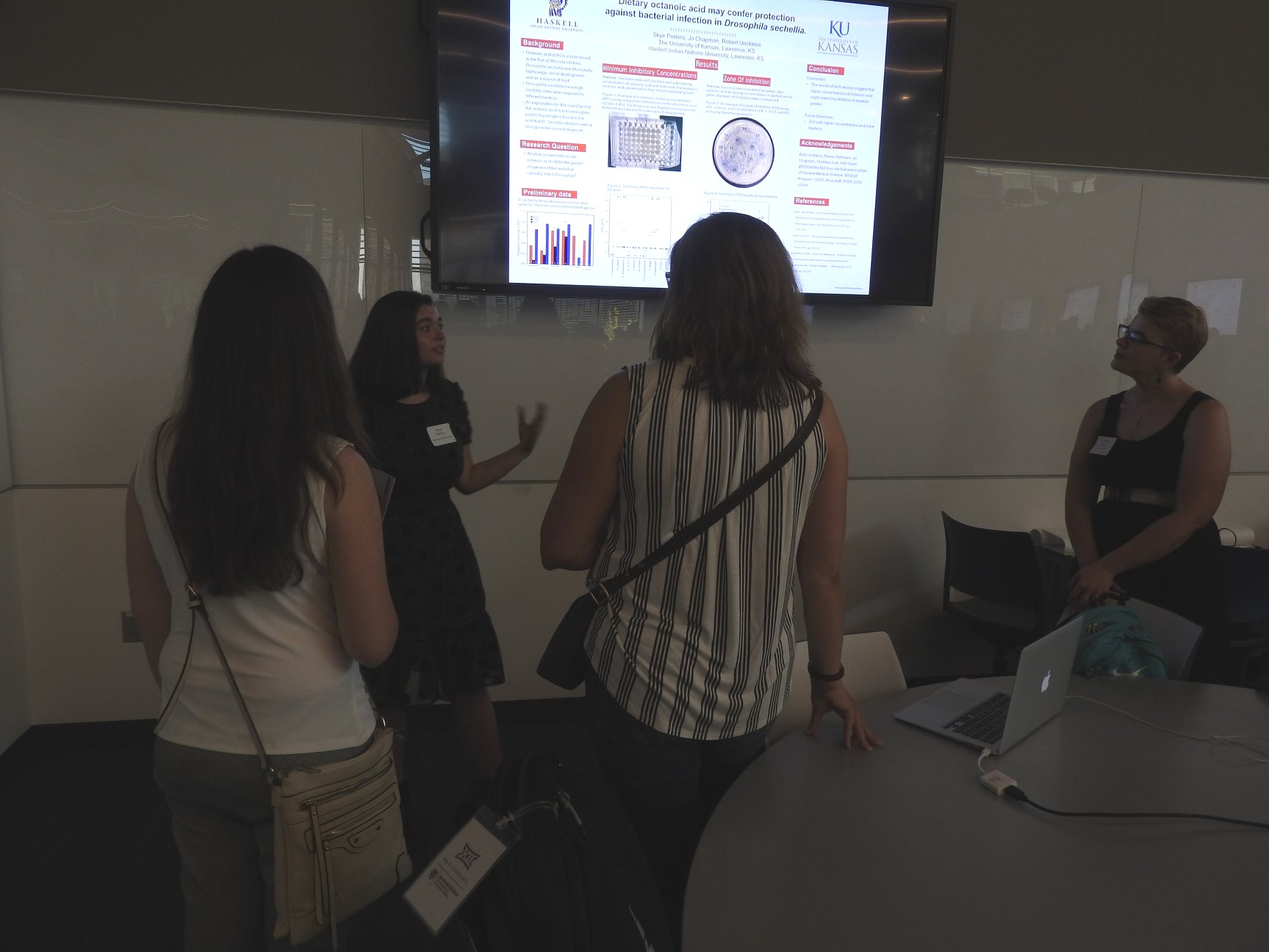KU Drosophila Biology Graduate Student Recruitment for Fall 2020
Drosophila research labs in the departments of Molecular Biosciences (MB) and Ecology and Evolutionary Biology (EEB) at the University of Kansas seek talented applicants for graduate admission to begin study in the Fall of 2020. Our strengths include evolutionary and quantitative genetics, behavior and development with labs working on specific projects including genetic conflict, mating behavior, the genetics of complex traits, the evolution of immunity and limb development.
Faculty members:
Justin Blumenstiel (genetic conflict, EEB, can take students through MB)
Jennifer Gleason (evolution and genetics of courtship behavior, EEB, can take students through MB)
Rob Unckless (evolution of immunity and genetic conflict, MB, can take students through EEB)
Jamie Walters (sex chromosome evolution and reproductive proteomics in lepidoptera, EEB)
Applicants to the EEB program (https://eeb.ku.edu/prospective-students) are admitted directly to work with a specific advisor while applicants to the MB program (https://molecularbiosciences.ku.edu/graduate-program-faqs) complete a rotation cycle before choosing a laboratory. Interested candidates should peruse the MB faculty website (https://molecularbiosciences.ku.edu/faculty) and the EEB faculty website (https://eeb.ku.edu/faculty) and contact the department or specific faculty members for more information.
Application materials can be found at:
Molecular Biosciences - http://molecularbiosciences.ku.edu/admissions
Ecology and Evolutionary Biology - https://eeb.ku.edu/how-apply
Deadlines for Fall 2019 admission:
Molecular Biosciences - December 1, 2019
Ecology and Evolutionary Biology - December 1, 2019
EEB and MB are both diverse departments ranging from ecosystem ecology to biophysics with significant interaction within and between groups.
About KU:
The University of Kansas is located in Lawrence, KS, less than an hour from Kansas City. Lawrence, Kansas is a terrific place to live, with a vibrant downtown, fantastic restaurants, lively arts scene, and beautiful rural scenery. The KU campus is an exciting, beautiful, invigorating environment with highly active research faculty.









